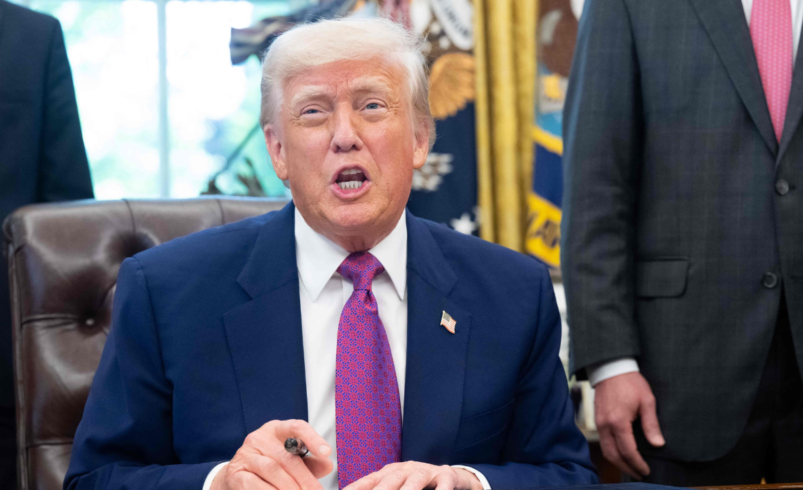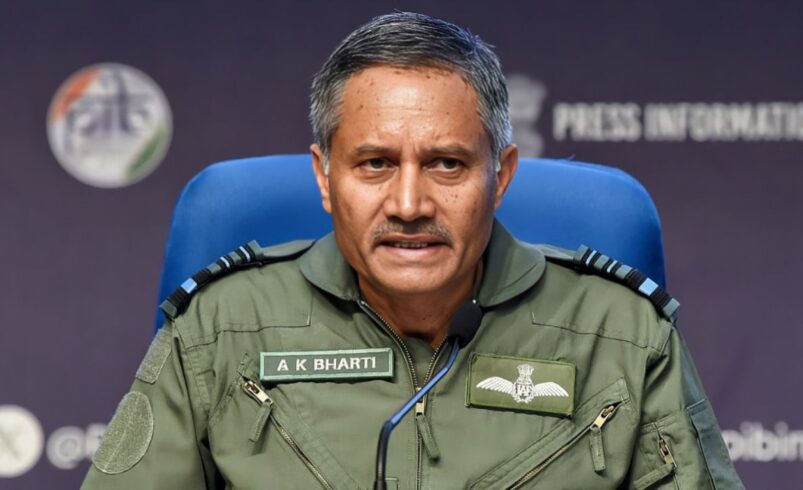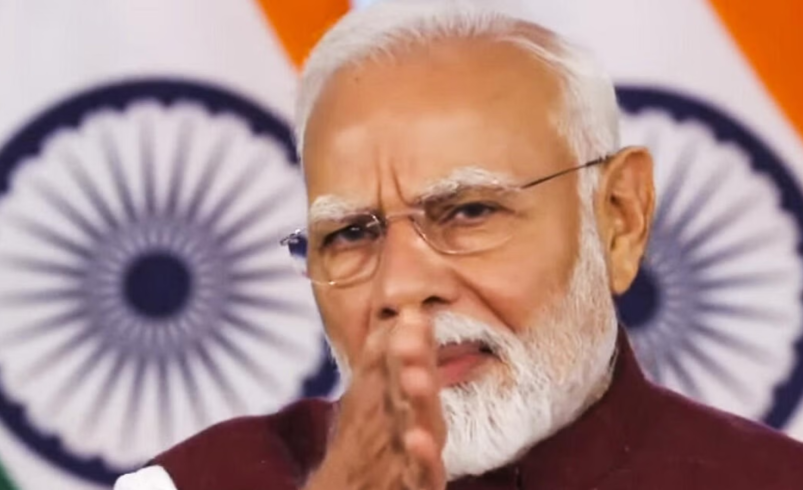The recent de-escalation between India and Pakistan, following a period of heightened military tension and cross-border strikes, has drawn global attention. Just days after India’s Operation Sindoor targeted terror camps across the border and Pakistan retaliated with missile strikes on Indian cities, a ceasefire agreement has unexpectedly taken hold. While Indian officials credit strategic deterrence and military precision, former U.S. President Donald Trump has now entered the conversation with a bold assertion—claiming that it was American diplomacy, led by him, that prevented a full-blown nuclear conflict in South Asia.
Trump’s Big Statement: “We Stopped Nuclear Conflict”
In a recent public address, Donald Trump stated that the United States, under his guidance, played a decisive role in brokering a ceasefire between India and Pakistan. “We stopped a nuclear war,” Trump said, suggesting that promises of enhanced trade deals with both countries acted as leverage to encourage restraint. While the White House and State Department have not officially commented on Trump’s statement, it has stirred debate among global analysts, many of whom question whether his claim is factual or politically motivated rhetoric amid an election year.
The Role of Economic Incentives in Diplomacy
According to Trump, it wasn’t just diplomatic pressure but also economic incentives that helped cool tensions. He hinted that future trade agreements with the United States were used as negotiating tools to bring both nations back from the brink. Trade has long been a strategic asset in U.S. foreign policy, and Trump emphasized that peace was more beneficial for all parties involved, especially with economic collaboration on the line. However, Indian and Pakistani leaderships have not publicly acknowledged any American involvement in the recent ceasefire negotiations.
Mixed Reactions Across the Globe
Trump’s claim has triggered mixed reactions. While some American media outlets highlighted it as a strong example of quiet diplomacy, South Asian political analysts are more skeptical. Critics argue that India’s decision to cease operations was based on strategic timing and internal intelligence, not foreign influence. On the other hand, supporters say that third-party diplomacy, especially from influential powers like the U.S., cannot be entirely ruled out in such sensitive geopolitical matters. Meanwhile, both Indian and Pakistani governments have maintained silence regarding any U.S. role.
Ceasefire Holds, But Questions Remain
As the ceasefire holds steady, attention is now shifting to long-term peace and the potential for a broader geopolitical shift in the region. Trump’s statement, whether exaggerated or grounded in truth, has sparked a conversation about the unseen dynamics of international diplomacy. What remains to be seen is whether this ceasefire will pave the way for more concrete peace talks or simply be a temporary pause in a historically tense relationship. One thing is clear: global powers continue to keep a close watch, and Trump’s claims have only added to the intrigue.
Get the latest in business, markets, startups, and policy—visit businessnewsindia.in for in-depth updates and follow us on Instagram @businessnewsindia.in for daily bites of what matters most.
Source : ndtv









